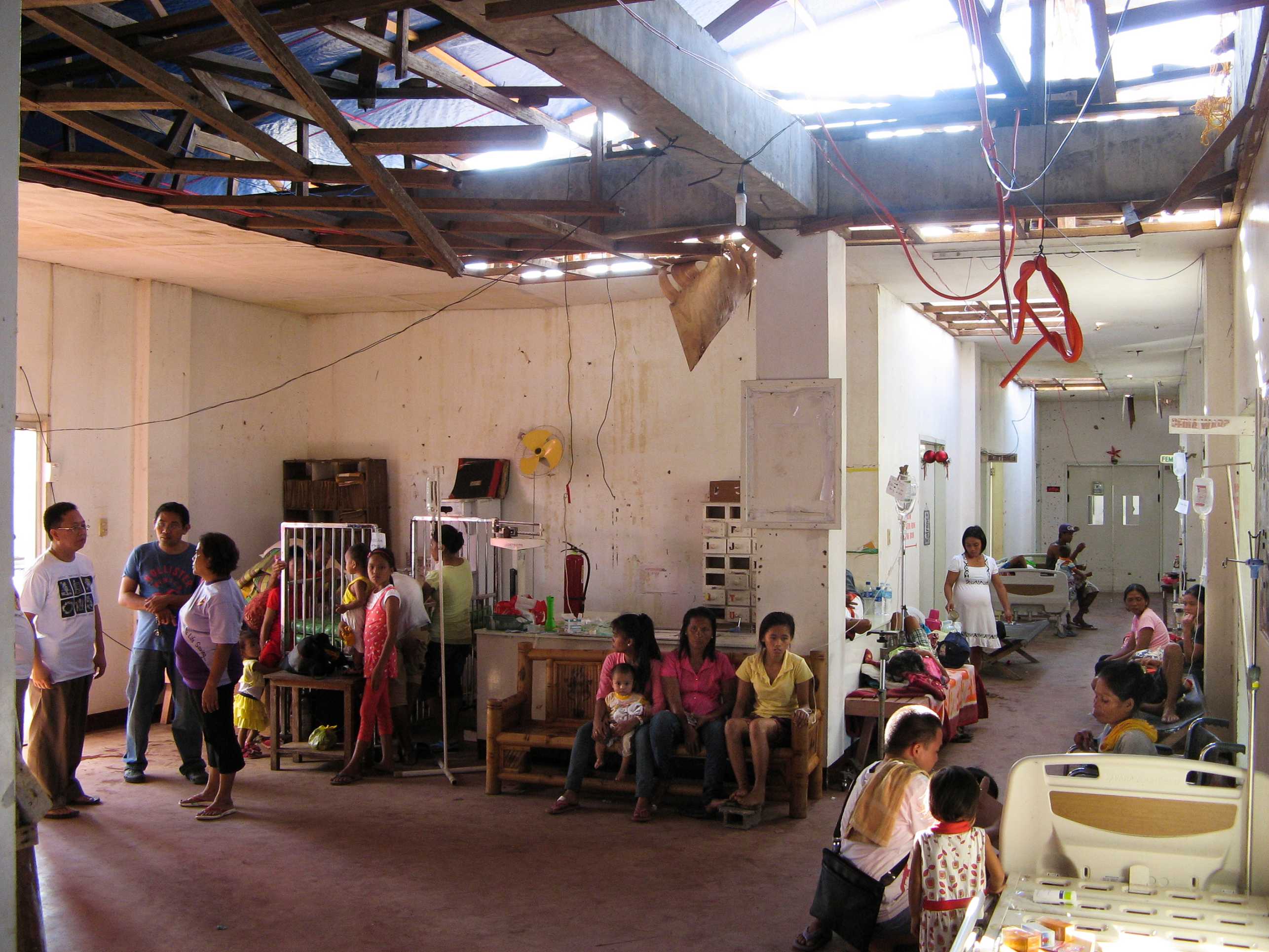Building Resilience in Health Infrastructure
A resilience strategy for health infrastructures in conflict-affected areas.
Provision of health services is central to the ICRC’s work and includes repair and rehabilitation of damaged health facilities and construction of new facilities ranging from small specialty clinics to large multi-function hospitals. This project aims to go beyond a conventional risk analysis, which focuses on quantifying the frequency and minimising impacts of disruptive events. Instead, it will build a resilience strategy for health infrastructure in unstable conflict-affected settings, which will focus both on avoiding performance losses and boosting the bounce back or recovery period.

The project resulting from the external page HAC Humanitarian Action Challenge will operationalize the resilience of the Rafik Hariri University Hospital (RHUH), Beirut by integrating its multi-level system components. The project includes a rapid resilience assessment, the modelling of the system response to disruptive events and development of a resilience monitoring framework. Lastly, a framework and decision support tool will be co-designed and developed to embrace a broader range of health facilities managed by the ICRC and other humanitarian actors.
2022-2024
ETH Leitung
ETH Co-Leitung
- Prof. Bryan Adey (Infrastructure management)
- Prof. David Kaufmann (Spatial Development and Urban Policy)
- Dr. Jennifer Duyne Barenstein (ETH Wohnforum - ETH CASE)
- Prof. Bozidar Stojadinovic (Structural Dynamics and Earthquake Engineering)
International Committee of the Red Cross (ICRC)
- Pavlos Tamvaskis (Head of Project Management / external page ICRC Water & Habitat Unit)
- Alexander Humbert (Construction Project Manager/ external page ICRC Water & Habitat Unit)